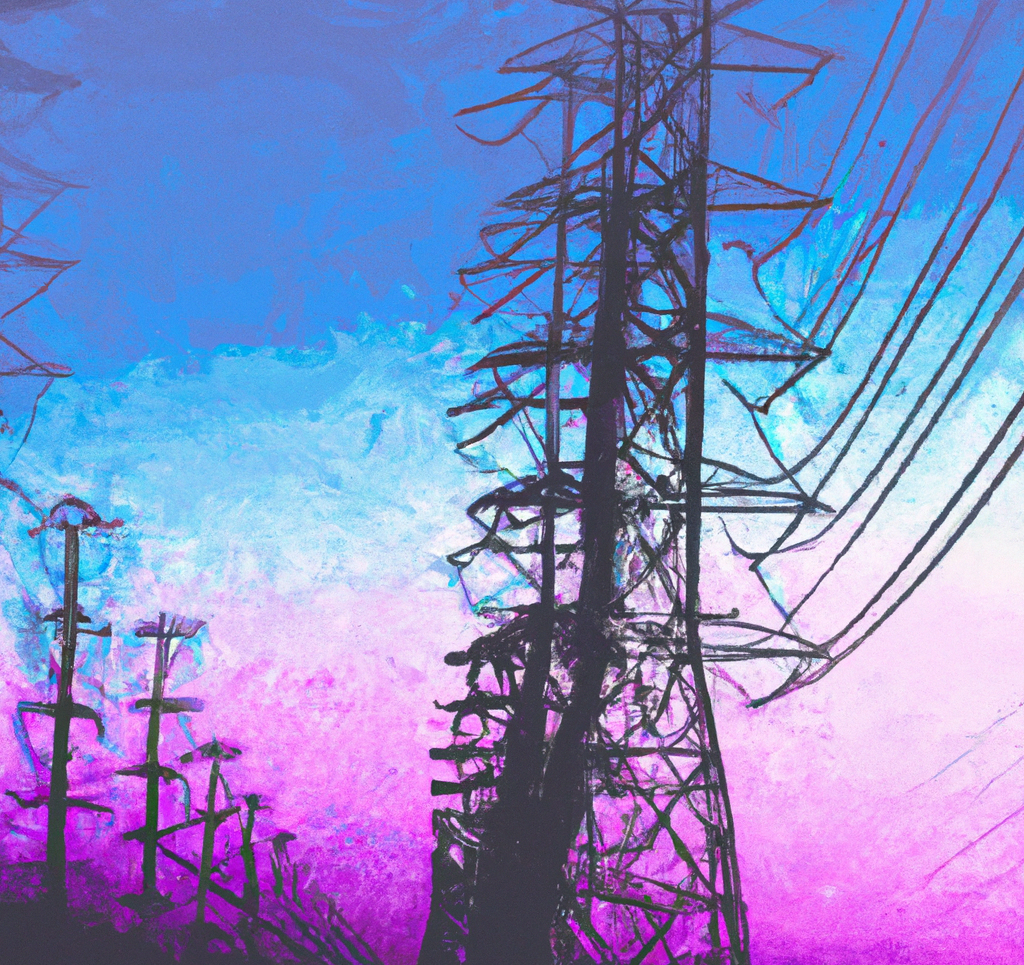"Brownout" is an Unknown Term in the Nordics: The Power of Robust Grids and Modern Reserve Markets

When we talk about the energy landscape in the Nordic region, phrases such as "green transition," "innovative solutions," and "renewable energy" often come up. However, there's one term you're unlikely to hear: "brownout." For many countries worldwide, brownouts—intentional or unintentional drops in voltage in electrical power supply systems—are an all-too-frequent challenge. Yet, in the Nordics, they're practically unheard of. This absence can be attributed to the region's robust electrical grids and the benefits of its modern reserve markets. Let's delve deeper into this Nordic success story.
Robustness of the Nordic Grids
The power grid's backbone in any region is its infrastructure, and the Nordics excel in this regard. With a focus on constant modernization and upgrades, the electrical grids in Nordic countries are among the most resilient in the world.
Interconnected Networks: The Nordics have invested in creating a seamlessly interconnected grid system across the countries. This interconnectivity ensures that if one area faces power generation issues, energy from another region can easily compensate.
Diverse Energy Mix: Nordic countries source their energy from a variety of renewable sources, including wind, hydro, and solar. This diversified energy mix ensures that the reliance isn't on a single energy source, bolstering the grid's resilience.
Proactive Maintenance: Preventive and predictive maintenance practices are standard in the Nordics. Using modern technologies, potential problems are identified and rectified before they escalate into major issues.
Public and Private Cooperation: Both public and private sectors work collaboratively in the Nordic region, ensuring that grid infrastructure benefits from shared knowledge, expertise, and resources.
Modern Reserve Markets: The Unsung Heroes
While robust grids lay the groundwork, it's the modern reserve markets in the Nordics that play a pivotal role in preventing brownouts and blackouts.
Balancing Supply and Demand: The reserve market's primary role is to ensure that electricity supply matches demand in real-time. If there's an unexpected surge in demand or a dip in generation, the reserve market can quickly deploy additional resources to maintain balance.
Financial Incentives: Participants in the reserve market are financially incentivized to provide energy during shortages. This ensures that there's always a ready pool of energy providers to tap into during emergencies.
Rapid Response: Modern technologies, including AI and advanced analytics, allow the Nordic reserve markets to respond rapidly to changing conditions. This swift reaction time is crucial in preventing potential brownouts or blackouts.
Storing Excess Energy: Modern reserve markets are also incorporating energy storage solutions. These storage facilities can hold excess energy produced during low-demand periods and release it during high demand, ensuring a consistent energy supply.
Benefits Beyond Consistency
While the primary benefit of robust grids and modern reserve markets is a consistent power supply, the advantages don't end there.
Economic Stability: Regular brownouts or blackouts can have detrimental effects on a region's economy. By ensuring consistent power, the Nordics foster a conducive environment for businesses and industries.
Consumer Confidence: For the average consumer, the reliability of the power grid translates to trust in the system and overall satisfaction.
Attracting Investments: A stable energy landscape makes the Nordics an attractive destination for foreign investments, particularly in sectors that require a consistent power supply.
The term "brownout" might be familiar to many around the world, but in the Nordic region, it's a testament to what can be achieved with foresight, investment, and innovation. By building robust grids and leveraging the benefits of modern reserve markets, the Nordics have not only ensured consistent power for their residents but also positioned themselves as global leaders in energy resilience and reliability. It's a model worth emulating for regions across the world.
